
 I found these yellow and red beads, strung on a natural fiber necklace in a village, where the owner was eager to exchange them for cash. The red ones are called skunk or crows eye, or eye beads. They were made in Europe in late 1800's and early 1900's and transported by ship for trade in goods and services.
I found these yellow and red beads, strung on a natural fiber necklace in a village, where the owner was eager to exchange them for cash. The red ones are called skunk or crows eye, or eye beads. They were made in Europe in late 1800's and early 1900's and transported by ship for trade in goods and services.

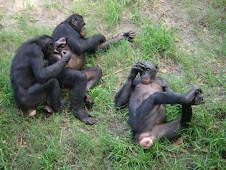
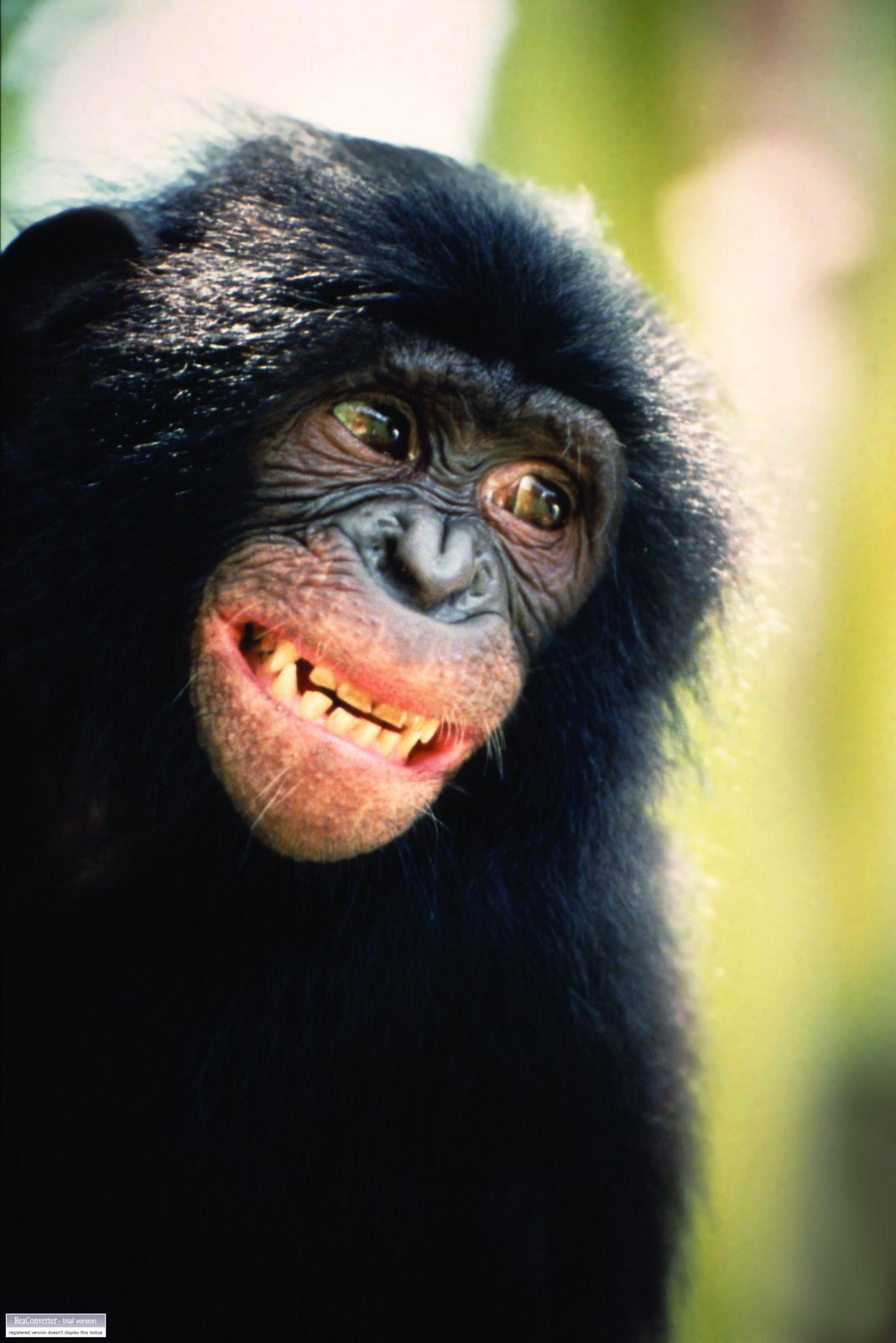
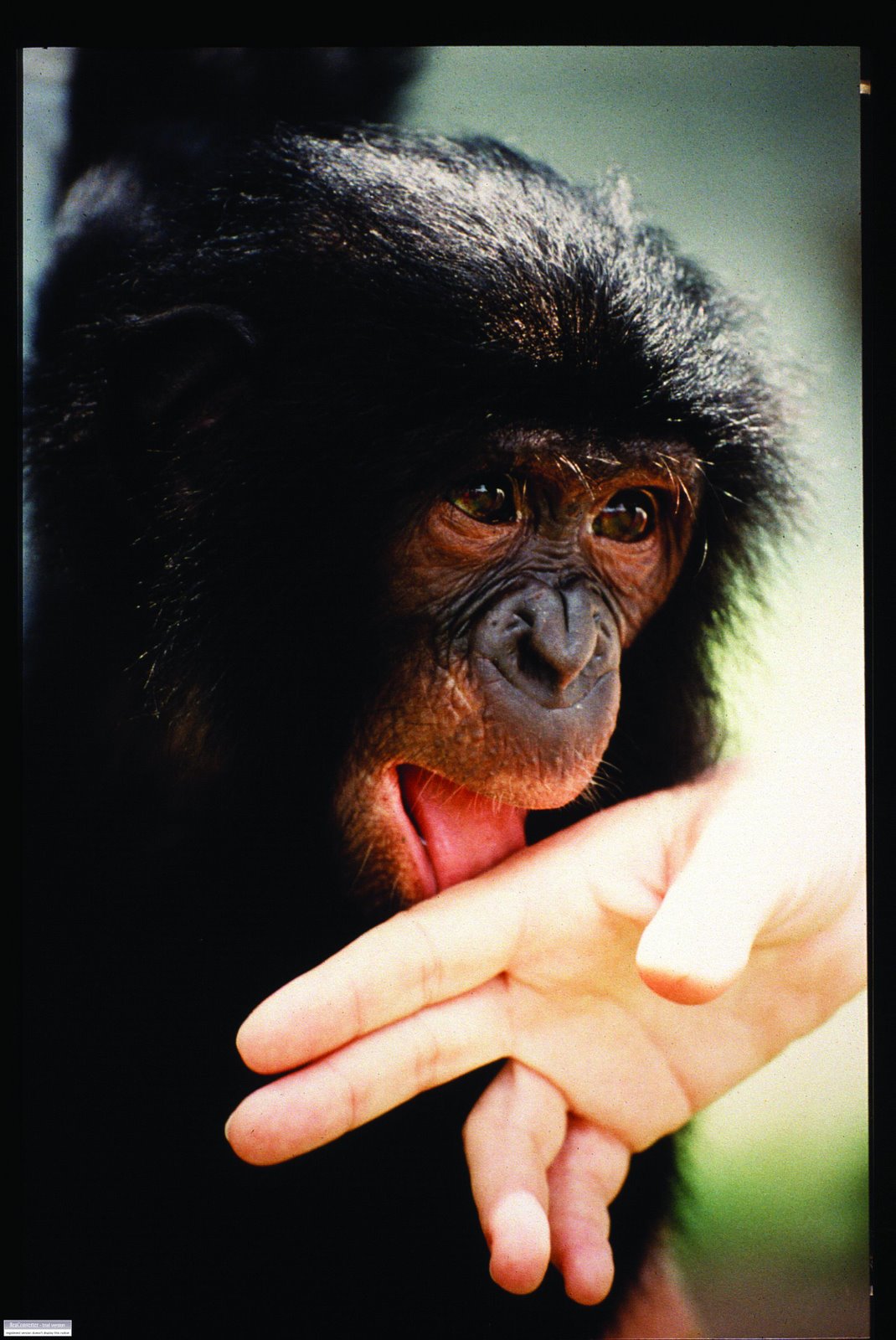
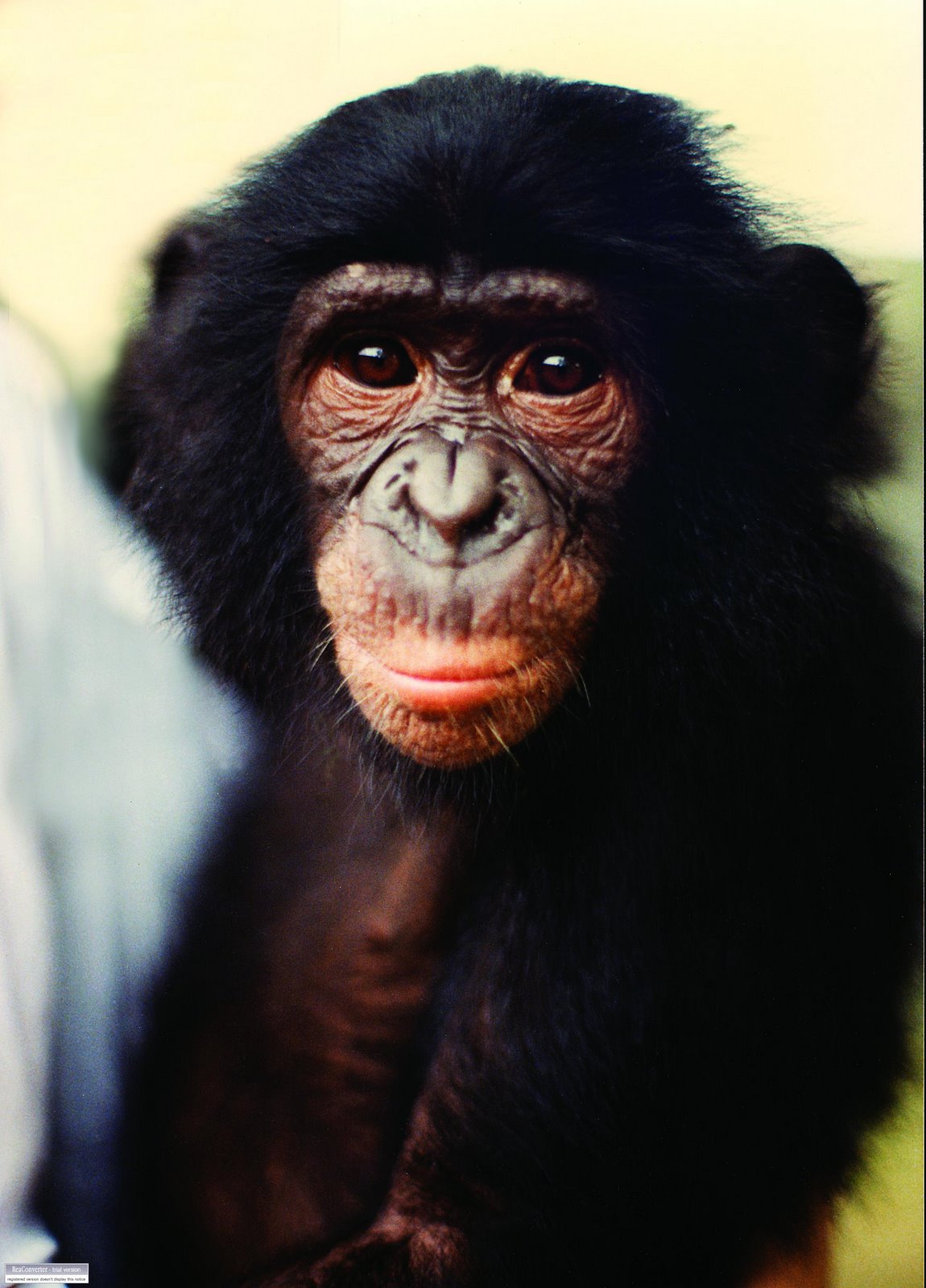




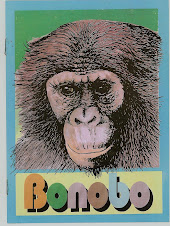

3 comments:
As a bit of an eclectic eccentric myself, I appreciate a person with varied, and what can be considered spurious, interests. An appreciation of beads, patches and the Bonobo. Fascinating. Now, it seems to me, that the hardship of persistence in a place like the Congo can only be endured for a strong vision. To many, the plight of the Bonobos wouldn’t rise to the level of such an endeavor. And, to tell you the truth, I wouldn’t have thought so before reading your site (I havn’t yet read Golden Sand). However, you have chainged my mind. I now see you work as two things:
1) Yes, valuable in its one right. But even more as emblematic of a higher regard for precious things in nature. Here I see an implied message of “If the Bonobo is worth so much effort, consider the value of other animals and people too.”
2) It educates the masses in the ultimate lack of value of their bigger houses, multiple cars, finer dining, and etc. Here I see the implied message of “If I can enjoy life fulfilling my purpose in hardship in the Congo for the Bonobo, do you really need that second flatscreen TV”. Like art and music, I believe the cause of the Bonobo may be one of those non-necessities which define the higher value of this life. Well, maybe “non-necessity” is a bit disrespectful, because while alone it may be, in aggregate, we cannot allow each small piece of the ecosystem to succumb to the modern machine, or nothing will be left. Nevertheless, it is still hard for me to fathom your personal sacrifice for the Bonobo.
guillaume
Thanks for your observations and comments.
My parents and my upbringing made me want to champion the underdog.
As far as my "personal sacrifice" for bonobos, I don't think of it that way. I happened to help a few animals, but it was a life altering experience to live and work in the Congo.
When you read Grains, you will see that I was affected by human underdogs as well, such as the three workers who died of AIDS.
Delfi,
Thanks for taking the time to explain. If I understand, you are acknowledging my supposition in a way. I have commented because your stories fascinate me, and, as no one else posts here (although I’m SURE you have a following in some venue) I thought I’d share my impressions. I am looking forward to reading Grains. Best wishes!
guillaume
Post a Comment